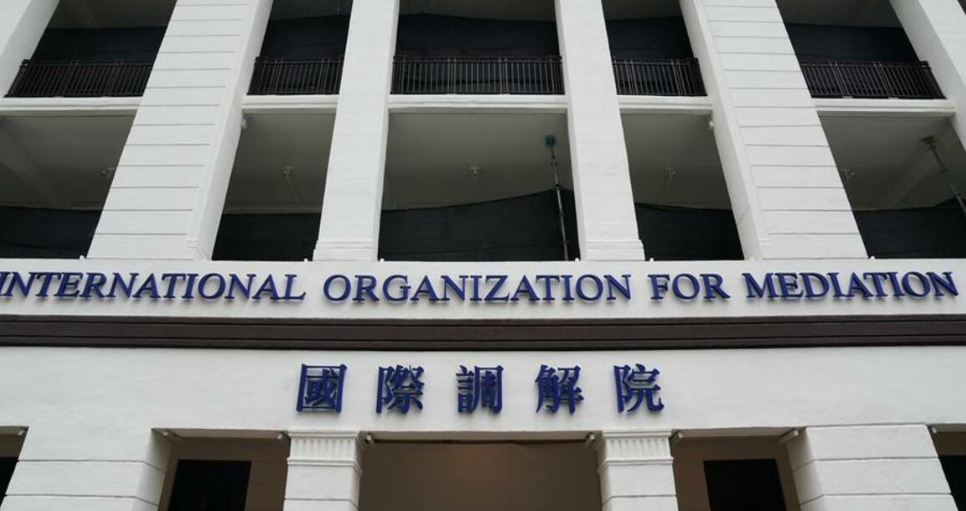China establishes global conflict resolution centre, rivals Singapore?

HONG KONG – China has launched a new international mediation body based in Hong Kong, aiming to position the city as a global conflict resolution hub and rival institutions such as the International Court of Justice (ICJ) and the Permanent Court of Arbitration in The Hague.
The new body, called the International Organisation for Mediation (IOM), was formally established with the signing of a convention on Friday (30/5), in a ceremony led by Chinese Foreign Minister Wang Yi.
The organisation is the result of a Chinese initiative involving nearly 20 other countries since 2022, with the mission of creating an intergovernmental institution to resolve global conflicts peacefully and efficiently, according to South China Morning Post on Monday (2/6).
Shahla Ali, a conflict resolution expert at the University of Hong Kong’s Faculty of Law, explained that IOM will handle disputes between states, between states and foreign nationals, as well as disputes involving cross-jurisdictional companies.
“Mediation is becoming an essential tool amid rising global geopolitical tensions,” Ali said.
Jose-Antonio Maurellet, Chair of the Hong Kong Bar Association, added that disputes involving trade and intellectual property would also fall within the scope of the new mediation scheme.
“We are the only common law jurisdiction in China, which is a key draw for international partners,” Maurellet said.
Preparations for IOM began in 2023 when Beijing established a preparatory office in Hong Kong. A year later, the local government secured legislative approval to allocate HK$467 million (around IDR 950 billion) to renovate the organisation’s headquarters in the former Wan Chai police station.
Sun Jin, a former senior official at China’s Ministry of Foreign Affairs, has led the preparatory phase for IOM and has promised cross-border dispute resolution that is both cost-effective and inclusive.
The initiative strengthens Hong Kong’s regional rivalry with Singapore. Since 2019, Singapore has led a mediation convention binding 46 countries—including China and the US—for resolving cross-border commercial disputes.
However, according to Ali, the two cities are more complementary than competitive. “Hong Kong and Singapore are both in the global top three jurisdictions for cross-border dispute resolution. Having two strong mediation models gives international stakeholders more options,” she said.
Meanwhile, Joanne Lau, Secretary-General of the Hong Kong International Arbitration Centre, noted that many business contracts now include mediation as a first step before arbitration or litigation.
Mediation is gaining popularity as the need for more cooperative conflict resolution approaches grows.
Statistics from Hong Kong’s courts show that in 2024, 46% of 290 cases in the High Court were settled through mediation, while in the District Court, the figure was 57% of 364 cases. (EF/KR/ZH)